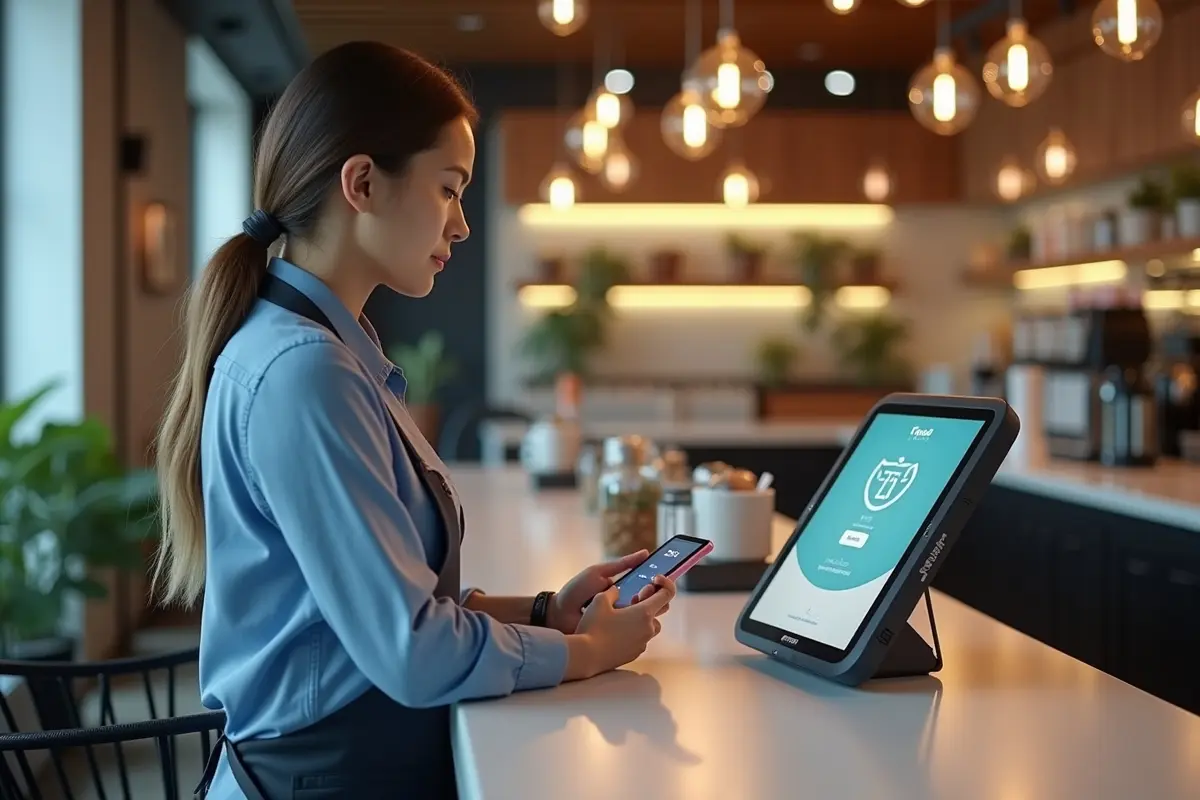The hospitality industry is undergoing a significant transformation as technology reshapes how customers express appreciation for service. Traditional tipping methods are giving way to seamless, tech-driven experiences that align with modern consumer habits. From restaurants to hotels and rideshare services, guests now expect convenient ways to leave gratuities without cash. This shift not only enhances convenience but also ensures transparency, efficiency, and fairness for workers whose earnings depend on tips.
At the heart of this change is the growing adoption of digital tips, which simplify transactions and integrate directly into payment platforms. These systems allow guests to tip instantly through mobile apps, QR codes, or contactless payment terminals. For businesses, digital tipping offers better tracking, reduced handling errors, and improved employee satisfaction. As the hospitality sector continues to embrace innovation, digital solutions are redefining what it means to reward excellent service in a fast-paced, cashless world.
Decline of Cash Transactions
The shift away from cash has been profound in recent years, with digital payments now dominating everyday transactions. According to the Federal Reserve Financial Services’ 2023 study, cash use accounted for just 16% of all payments in the United States—a notable drop from 20% in 2021.
This decline is particularly notable in hospitality settings, where tipping has historically relied on cash transactions. This challenge has catalyzed the rise of digital options, ensuring that staff don’t miss out on well-deserved tips due to the disappearance of cash from guests’ wallets.
This change isn’t limited to the US. Global hospitality markets are also witnessing a similar decline in cash use, driven by the increasing adoption of mobile wallets, tap-to-pay cards, and digital banking. The industry is responding by innovating and enabling guests to reward employees without the need for cash, thereby keeping up with trends that are shaping the broader economy.
Rise of Digital Tipping Platforms
To address the decline in cash, hospitality businesses are deploying robust digital tipping solutions. Platforms like eTip, Grazzy, and TipBrightly offer intuitive interfaces that enable guests to tip staff using QR codes, NFC tags, or direct payment links accessed via email or text messages. These technologies have democratized tipping, ensuring staff can be appreciated whether a guest carries cash or not.
The impact of this transition is far-reaching. In a standout example, eTip processed a single digital tip of $14,000 during Housekeeping Week 2025, underscoring how digital tipping can facilitate larger gratuities and even create viral moments that spotlight the value of frontline staff.
Impact on Hospitality Staff
Digital tipping is proving to be a game-changer for hospitality employees. Data from Canary Technologies revealed a greater than threefold increase in digital tips to hotel staff year-over-year, with about 70% of these gratuities going to housekeepers. Such increases in earnings have a direct impact on job satisfaction, morale, and retention—a win for both staff and management teams. Transparent digital records also help ensure tips are tracked and distributed fairly among team members.
Adoption by Major Hotel Chains
Larger hotel chains are recognizing the advantages of digital tipping platforms. Industry leaders like IHG Hotels & Resorts have approved various vendors for implementation across their properties. This institutional backing is a clear indication that digital tipping is here to stay and that top brands view these tools as essential to meeting evolving guest expectations and driving both satisfaction and engagement among their employees.
Guest Experience Enhancements
From a guest’s perspective, digital tipping offers numerous benefits. It reduces friction, allowing travelers to tip instantly, even if they aren’t carrying local currency or cash at all. The integration of digital tipping with mobile apps and hotel management systems ensures a seamless, contactless, and secure transaction, further enhancing guest confidence and satisfaction during their stay. These platforms often feature customizable messages, enabling guests to add a personal touch to their gratuity.
Additionally, digital tips offer greater transparency, enabling guests to see that their contributions go directly to the intended staff member. They also make it easier for frequent travelers to maintain consistent tipping habits across different locations. Ultimately, digital tipping contributes to a more connected and rewarding experience for both guests and hospitality staff alike.
Challenges and Considerations
Despite these many advantages, the journey toward widespread adoption faces hurdles. Notably, equitable distribution of tips remains a concern, requiring hotels to develop clear and transparent policies for sharing digital gratuities among staff. Data security and privacy are also critical, as tipping platforms must protect sensitive payment and personal data. Additionally, staff training and clear communication are essential to mitigate resistance to technology and ensure all team members benefit fully from new tipping protocols.
Future Outlook
The hospitality industry is at the dawn of a new era in tipping. As digital payment technology continues to innovate, expect even tighter integration with hotel property management systems, enhanced real-time analytics for guest feedback, and more personalized experiences for both staff and guests. Hotels that adopt these digital tipping solutions position themselves as forward-thinking establishments, ready to attract and retain top talent while meeting guest expectations with distinction.
Ultimately, the continued evolution of digital tipping platforms will help foster a stronger service culture while reflecting the broader changes in how consumers pay and connect with brands.




